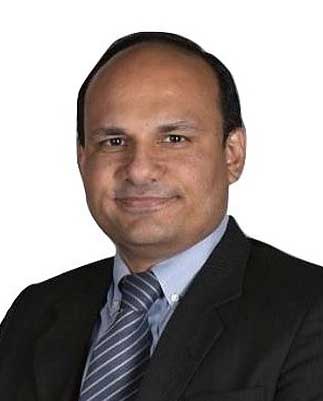Nursing, an invention of Florence Nightingale, was first introduced in Pakistan at Aga Khan University in 1977. The term “nursing” originates from Latin and refers to a medical field that involves patient care, treatment, and assistance in maintaining health. Nurses support doctors and address patients’ physical, mental, and emotional needs by providing various services. Their responsibilities include administering medication, assessing patients’ health conditions, and offering health-related advice.
Initially, nursing was offered as a diploma program with limited significance and demand. Over time, the need for nursing increased, leading to the introduction of a two-year program, then a four-year program, and eventually a two-year Master’s in Nursing program. Initially, these programs were only offered in Sindh’s colleges and universities. Gradually, other provinces, including Punjab, followed suit, by launching nursing programs in their universities and colleges. At first, the concept of male nursing was non-existent, as it was believed that female nurses better suit to care for female patients. However, recognizing the need for male nurses, male nursing programs were introduced, bringing a positive change to the field.
Due to a lack of awareness and importance of nursing, a monthly scholarship policy was implemented to encourage students to join this field. A stipend of PKR 31,470 was provided monthly, limited to government teaching hospitals and DHQ hospital nursing colleges in Punjab. While female nursing programs had already been established, the first male nursing session began in 2020 at the Government Teaching Hospital College of Nursing, Shahdara. Initially, interest in nursing was low, but the scholarship and stipend attracted more students, as it offered free education along with financial assistance. Consequently, nursing’s merit became higher than other medical fields.
Private nursing colleges also opened across Pakistan, where hundreds of students pay high fees to earn their degrees. Punjab currently has 44 government nursing colleges, 43 for females and one for males. Initially, nursing programs were only offered in DHQs, but last year, some teaching hospitals were also authorized by the Pakistan Nursing Council and Punjab Health Foundation to offer nursing programs.
Nursing, now one of the most in-demand medical fields in Pakistan saw the Punjab government launch evening sessions alongside morning sessions in 2023 to address the growing need for nurses. These sessions were offered in the same 44 colleges, with stipends provided monthly. By 2024, admissions opened late by two months, but a significant number of students applied, many of whom were repeat applicants or recent intermediate graduates.
However, a critical issue arose this year: the Punjab government opened admissions for evening sessions in only 15 colleges and revoked stipends and hostel facilities for evening students due to Pakistan’s deteriorating economic situation. This decision is expected to discourage students from pursuing evening nursing programs. Many students with higher marks may wait to apply for the morning session next year, leaving evening session seats vacant. The stipend policy had been a major incentive for students, and its discontinuation could negatively impact interest in nursing programs.
With Pakistan’s economic challenges and the rising interest in nursing, the future of government stipends even for morning sessions seems uncertain. Every year, thousands of students pursue nursing, raising concerns about whether the government can provide adequate job opportunities for them. Nursing is a vital medical field, as it addresses the universal need for healthcare, with hospitals often overwhelmed by patients and a shortage of nurses, especially in government hospitals.
The government must reinstate stipends for evening sessions and ensure job opportunities for nurses. These individuals are the true caregivers, dedicating their lives to the care and safety of the sick. The government’s decision to eliminate stipends for evening sessions may have far-reaching negative effects, and proactive measures are necessary to sustain the nursing profession in Pakistan.
Sign in
Welcome! Log into your account
Forgot your password? Get help
Password recovery
Recover your password
A password will be e-mailed to you.





